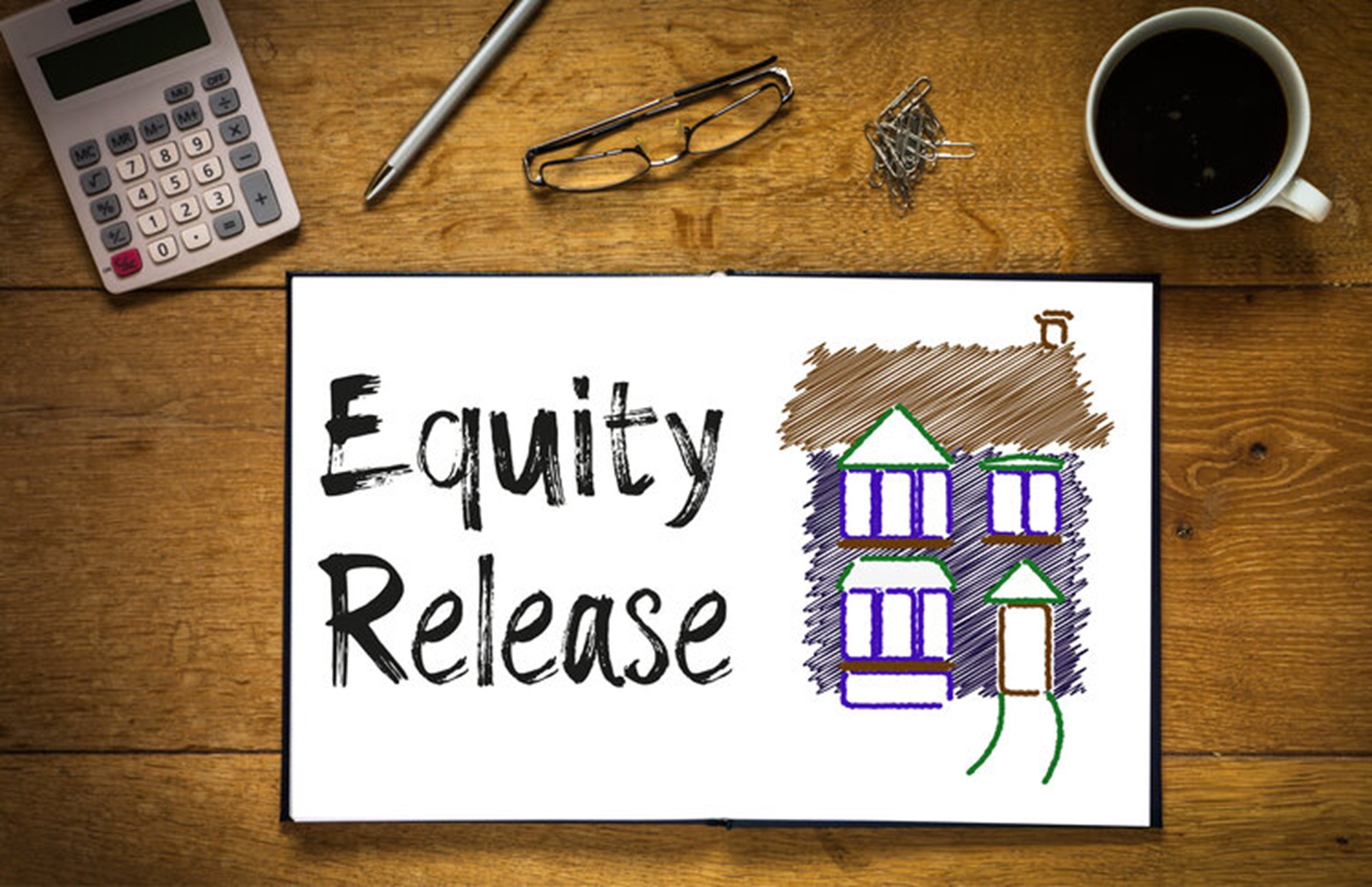Case study: Equity release and divorce

This is a real-life case in 2020 where an equity release agreement has helped a couple separate in later life and for our client to retain ownership of the matrimonial home and importantly remain living in their home with no change to their standard of living.
Client’s situation
Client in their early 70s. Has been living with their spouse in a home that they own together with no mortgage. Unfortunately, the couple have separated and as part of the divorce settlement the client must either sell the home or pay a financial settlement to the soon to be ex-partner to remain in the home. After exhausting all discussion with the family to try and help the client sought advice from ourselves. The client has a comfortable income to suit their lifestyle but could not afford to take on any form of monthly payment for a mortgage, rent or service charge without adversely effecting their standard of living.
Solution
We were able to source the client an equity release roll up mortgage to raise sufficient capital against the joint matrimonial home to settle the financial settlement to the ex-partner.
With the ex-partner happy the property was transferred into our client’s name with the equity release provider securing their loan against the property.
What is an equity release roll up mortgage?
The provider of the mortgage instead of collecting monthly payments adds the interest charge each month to the debt so the debt will grow over time. The debt does not need to be repaid until our client either: Sells the property, moves into care or dies. Because we only source equity release loans from providers who are approved by the Equity Release Council the provider will never seek to collect more than the value of the house no matter how large the debt grows to or how house prices change. This is called an “no-negative equity guarantee”. If the loan is repaid whatever is left would belong to the client or their beneficiaries.
The positives of this is our client does not have to move home. Out client has no monthly payments to cover from their income meaning their lifestyle remains unaffected by the divorce. Our client remains the owner of the property albeit with a mortgage secured against it.
There are negatives. As the size of the loan grows over the years this will negatively affect the value of any inheritance to our client’s children. We involved the children with the permission of our client so they are fully aware of the loan and how it works and ultimately how this will affect their inheritance. They gave their blessing as they did not want their parent to have to move home or have an adversely effected standard of living because of the divorce.
Summary
Equity release can be a useful tool with divorce in later life. It can be used as a remortgage to enable one party to remain in the home and release capital for the other party to leave and build a new life. It can also be used to purchase a new home. If you’re the party taking the money and leaving you can use equity release in the same way to buy and make a new home.
Warnings
This case was processed Feb 2020, criteria and products can change so please seek advice either from us or another qualified professional before making decisions.
Taking an equity release loan could impact benefits you may be entitled to, have an impact on your personal taxation and erode the value of your estate.


